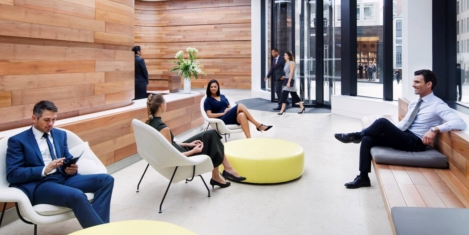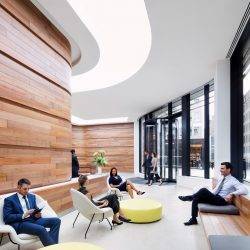September 25, 2018
Around half of workers expect to have multiple careers throughout their working life
 Just under half of UK workers (46 percent) expect to have multiple careers throughout their working life, as opposed to one structured and lifelong career, according to a new report from employee benefits firm Unum and researcher The Future Laboratory. The Future Workforce (registration required) sets out to examine the motivations and priorities of UK workers, to understand how the nation’s workforce will change over the next decade. Insights were drawn from a survey of more than 3,000 UK workers, as well as from interviews with a range of industry experts and business leaders.
Just under half of UK workers (46 percent) expect to have multiple careers throughout their working life, as opposed to one structured and lifelong career, according to a new report from employee benefits firm Unum and researcher The Future Laboratory. The Future Workforce (registration required) sets out to examine the motivations and priorities of UK workers, to understand how the nation’s workforce will change over the next decade. Insights were drawn from a survey of more than 3,000 UK workers, as well as from interviews with a range of industry experts and business leaders.






















 Employers considering new flexible working options for their employees are concerned about the security and management implications, according to a recent poll, despite the fact that staff now have the legal right to request flexible arrangements. The survey of medium sized businesses, carried out for RSM by YouGov, found that over the next five years, three quarters of respondents were considering introducing flexible terms of employment, allowing workers to work outside 9 to 5 or increasing the use of remote working.
Employers considering new flexible working options for their employees are concerned about the security and management implications, according to a recent poll, despite the fact that staff now have the legal right to request flexible arrangements. The survey of medium sized businesses, carried out for RSM by YouGov, found that over the next five years, three quarters of respondents were considering introducing flexible terms of employment, allowing workers to work outside 9 to 5 or increasing the use of remote working.











September 18, 2018
Building a culture of creativity that unites the physical and digital workplace
by Serena Borghero • Comment, Technology, Workplace design
More →